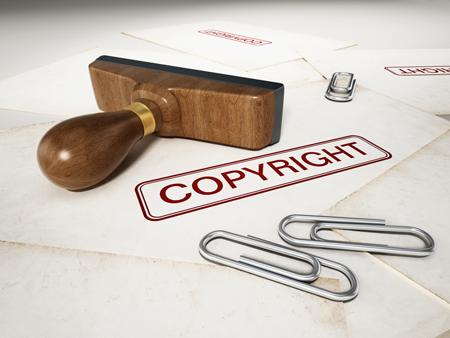DC Circuit decision is victory for public-access group that posts technical standards online

“The U.S. Court of Appeals [for the District of Columbia Circuit] has found decisively in favor of the proposition that citizens must not be relegated to economy-class access to the law,” said public-domain advocate Carl Malamud. Image from Shutterstock.
A nonprofit group isn’t liable for copyright infringement when it posts technical standards online that have been developed by private groups and then incorporated into government regulations, a federal appeals court has ruled.
The U.S. Court of Appeals for the District of Columbia Circuit said in a Sept. 12 opinion posting the standards for free online viewing constitutes fair use of the material. Judge Gregory G. Katsas, an appointee of former President Donald Trump, wrote the panel opinion.
The decision is a victory for public-domain advocate Carl Malamud and the group that he founded, Public.Resource.org. The group posts legal materials on its websites, including the standards developed by the three organizations that sued:
- The American Society for Testing and Materials
- The American Society of Heating, Refrigerating and Air-Conditioning Engineers
- The National Fire Protection Association
“It has been over 10 years since plaintiffs filed suit in this case,” said Malamud in a press release by the Electronic Frontier Foundation. “The U.S. Court of Appeals has found decisively in favor of the proposition that citizens must not be relegated to economy-class access to the law.”
The appeals court cited three factors that support a fair-use finding. They are:
• Public Resource’s use is for nonprofit, educational purposes.
• Public Resource’s use is transformative because it serves a different purpose—to provide the public a free and comprehensive repository of the law. The plaintiffs, on the other hand, published the standards to reflect industry or engineering best practices.
• The standards have been incorporated into law by government agencies that reference them in agency rulemaking. The publication of the entire standard is reasonable given the purpose of informing the public.
The fourth factor—the effect of the use on the potential market for the copyrighted work—is unclear, the appeals court said.
“Common sense suggests that free online access to many of the plaintiffs’ standards would tamp down the demand for their works,” Katsas wrote. “But there are reasons to doubt this claim, the record evidence does not strongly support it, and the countervailing public benefits are substantial.”
Public.Resource.org was represented by the Electronic Frontier Foundation with co-counsel Fenwick & West and David Halperin, according to the press release.
Write a letter to the editor, share a story tip or update, or report an error.



